Downloadable Guides

Pandemic Response, Recovery and Planning- Lessons Learned for Employers in 2020
What did we learn in 2020? And how can we apply those learnings to the future since according to experts, we are likely to face additional health crises in the years to come?
Funded by:
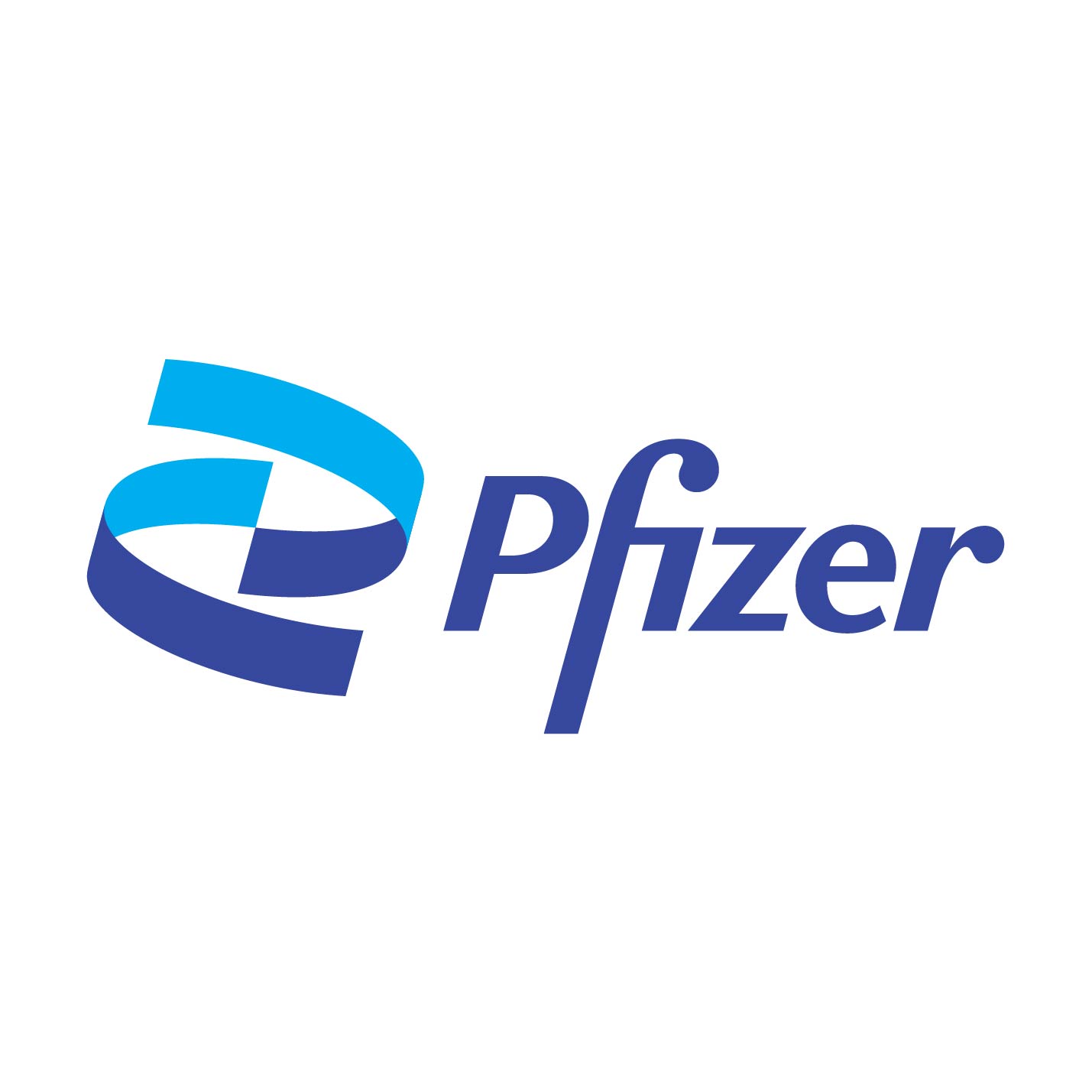
Pfizer
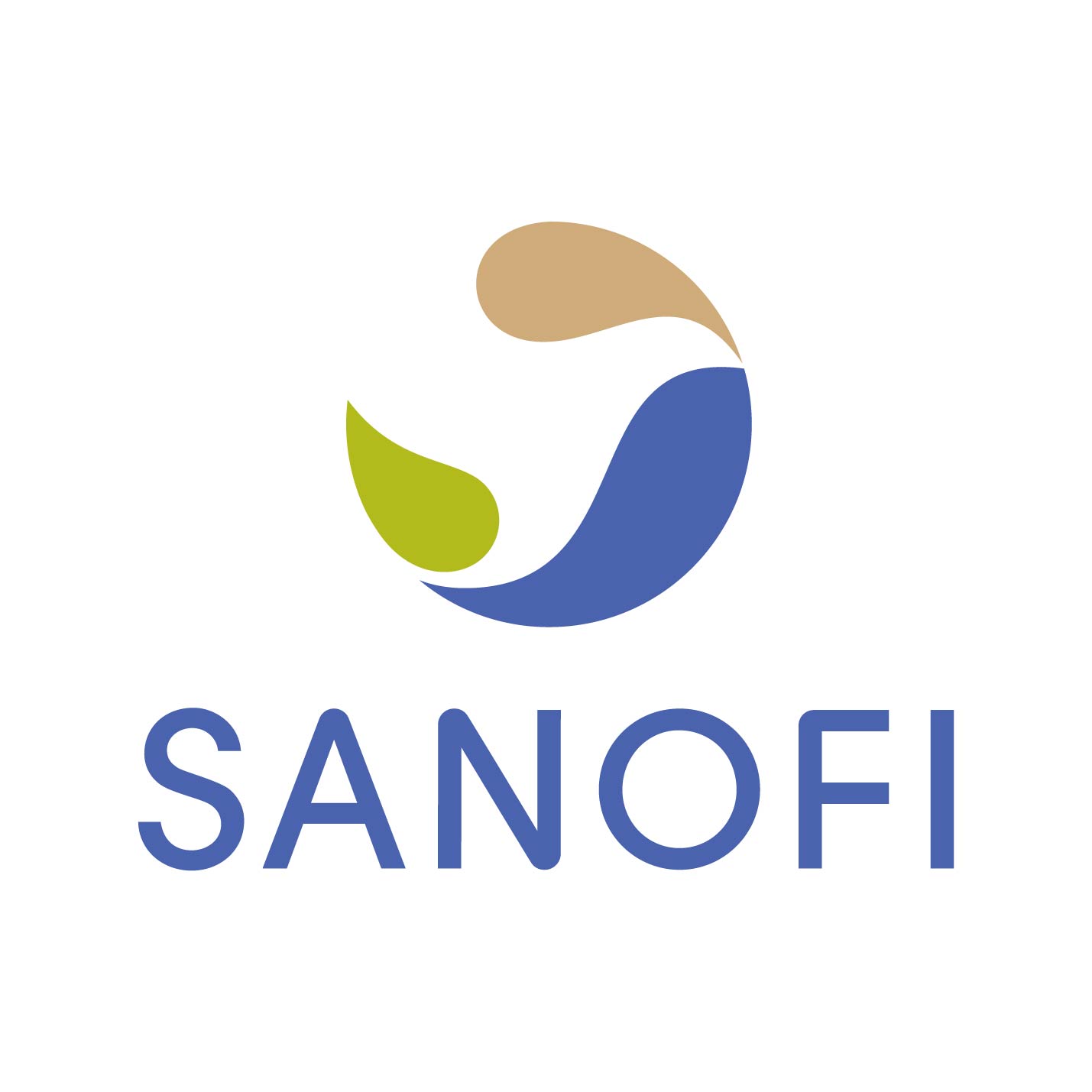
Sanofi
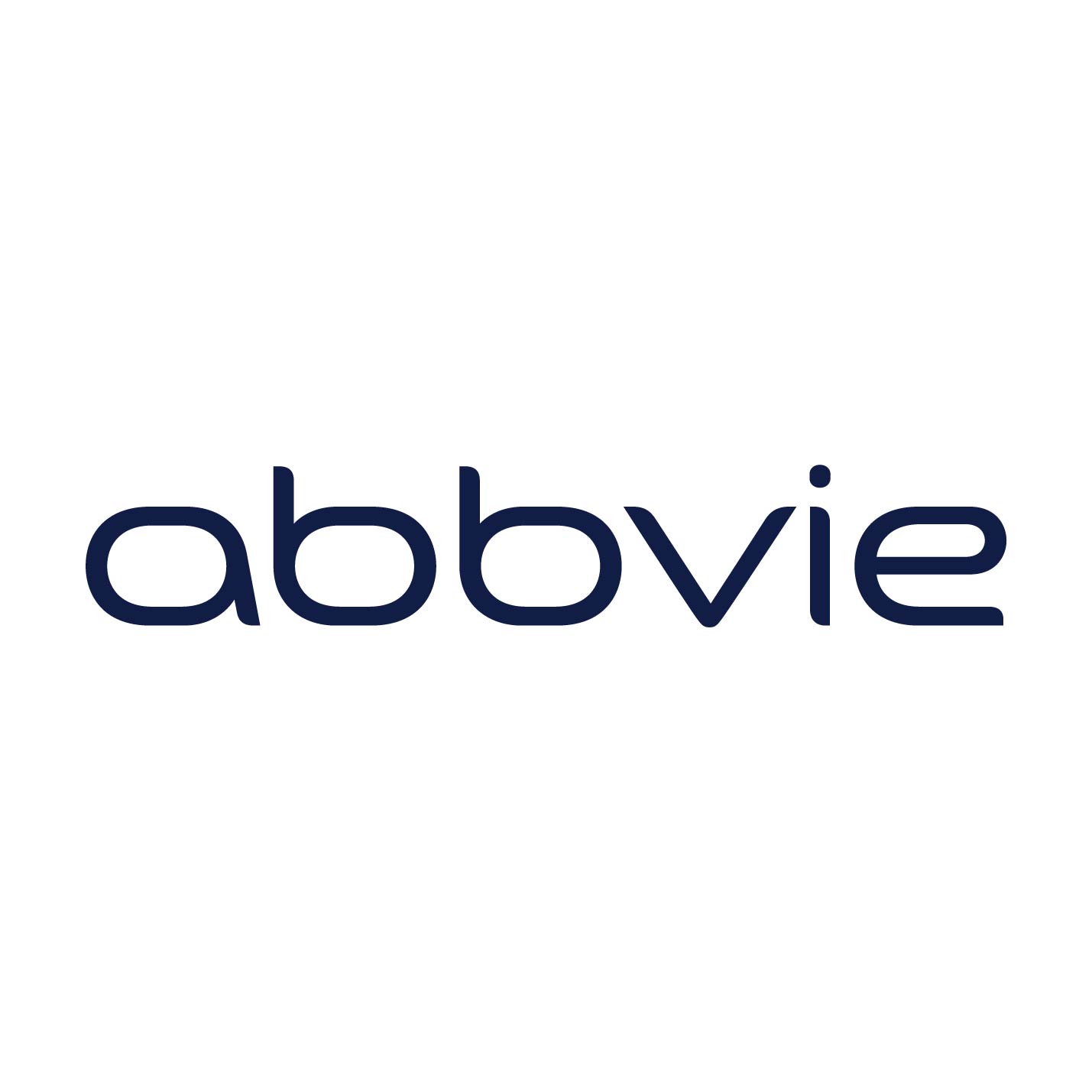
Abbvie
1. Ground Pandemic Response and Recovery in key Principles
Responding to and recovering from a pandemic are complex tasks for any organization. To be most effective, response and recovery plans must be grounded in key principles, download them here!
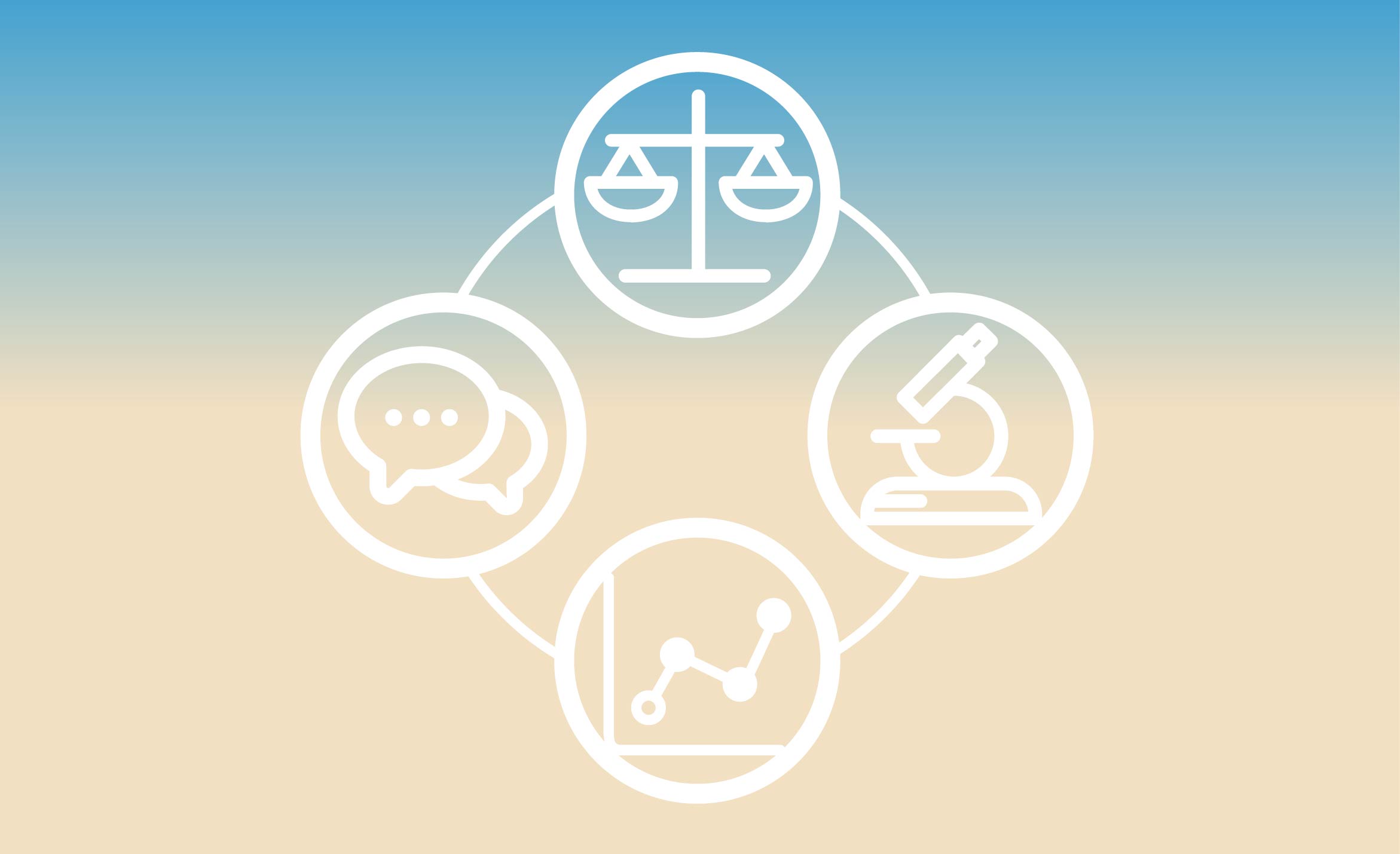
2. Create COVID-Safe Workplaces
Different work environments have varying levels of pandemic-related risk but all have some degree of risk. Employers can implement multiple layers of control to reduce the risk of workplace exposure.

3. Enhance the Work-From-Home (WFH) Experience
Some employers already had flexible WFH arrangements in place before the pandemic but were not—understandably—prepared for a sudden transition to predominantly WFH operations.
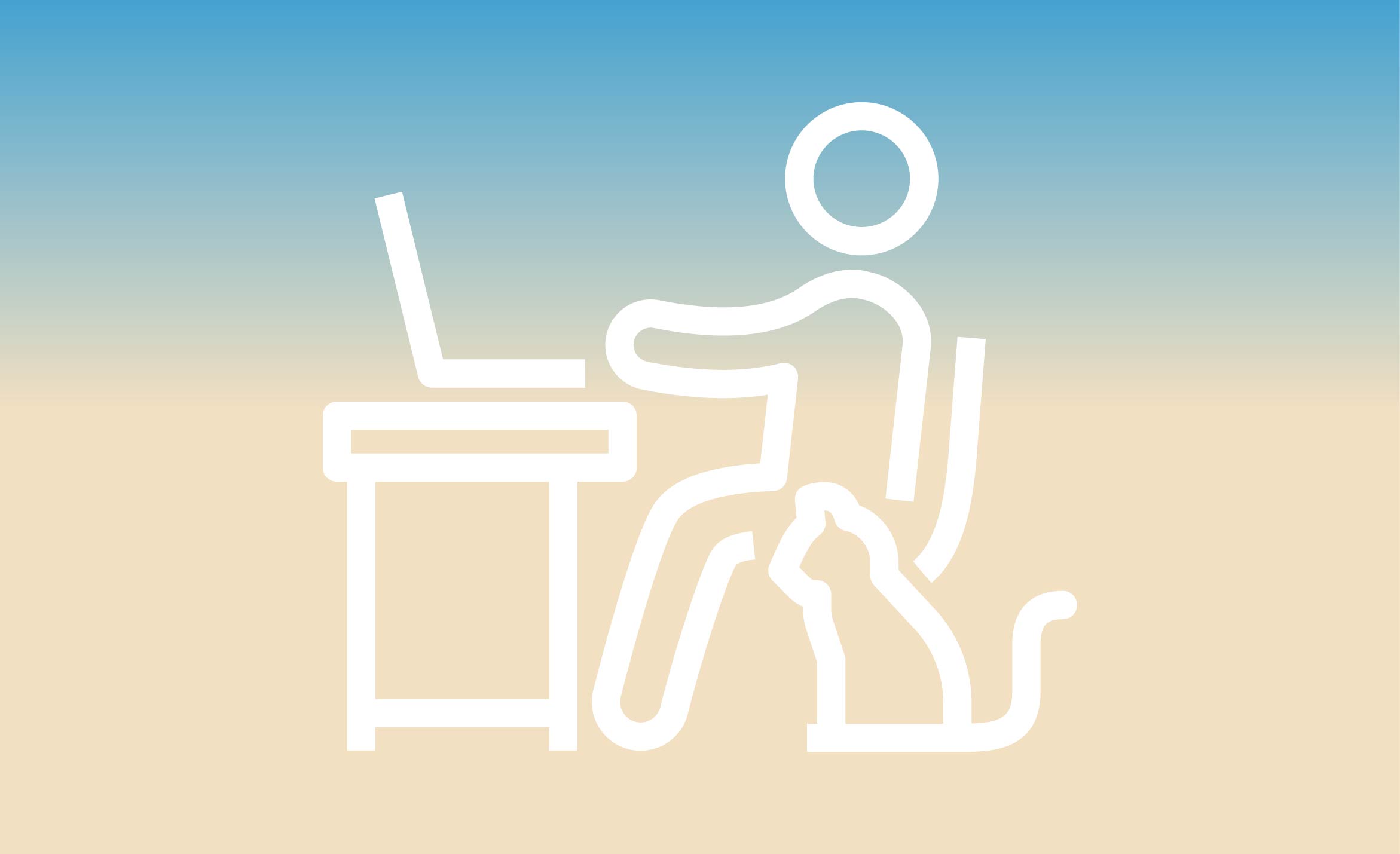
4. Navigate Return-To-Work Effectively (RTW)
Employers are well aware that returning employees to the workplace is not a simple proposition. External and internal criteria are needed to determine readiness and timing, for worksites and the people returning to them.

5. Adapt Benefits to Address COVID (and COVID-related) Challenges
COVID-19 has created new health challenges but it has also highlighted existing challenges for employees including those related to mental health, caregiving and inequities based on race and social determinants.
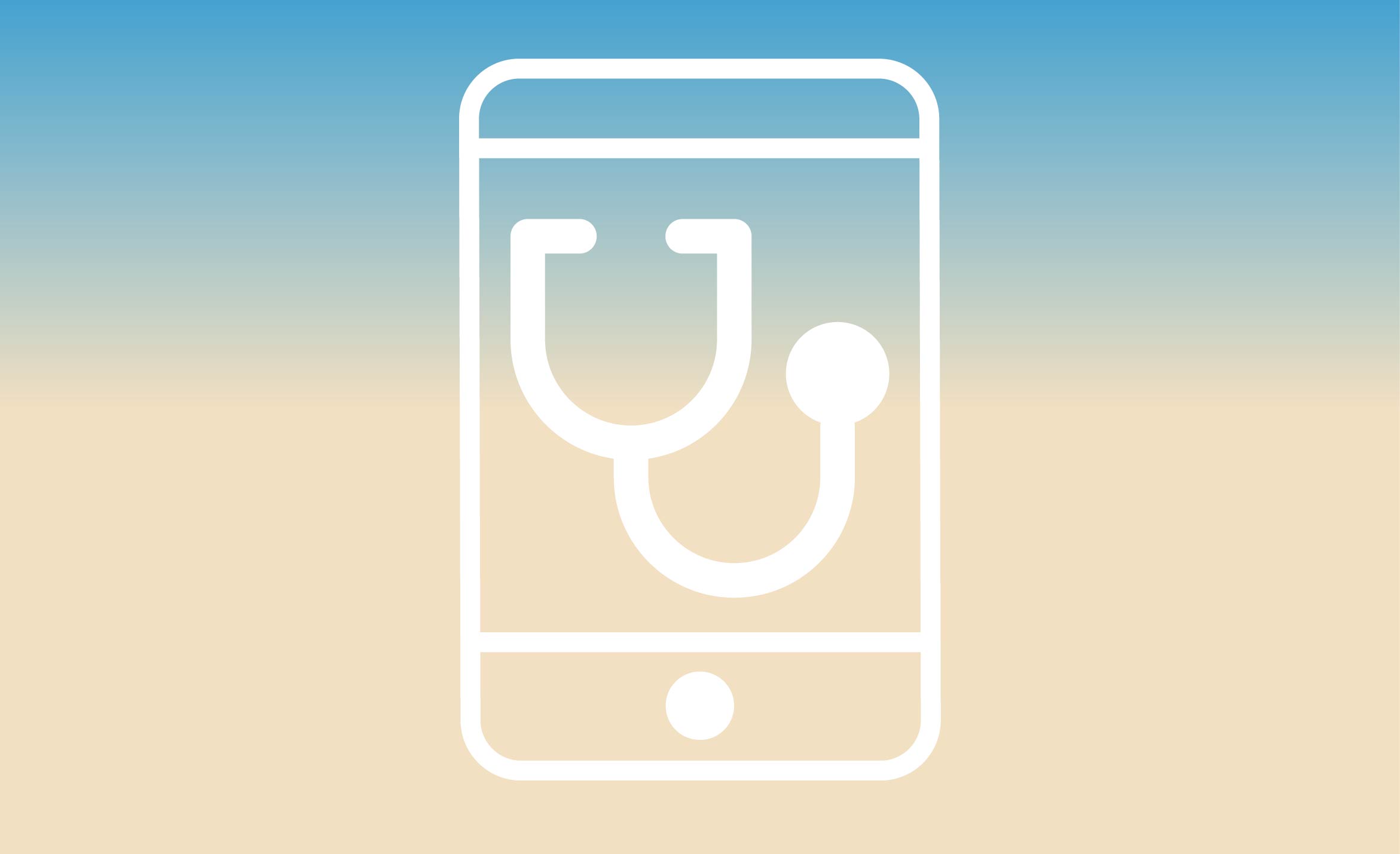
6. Develop a Compelling Vaccine Engagement Strategy
COVID-19 vaccines will be available for broad deployment during 2021, however, vaccine-hesitant populations have risen exponentially.
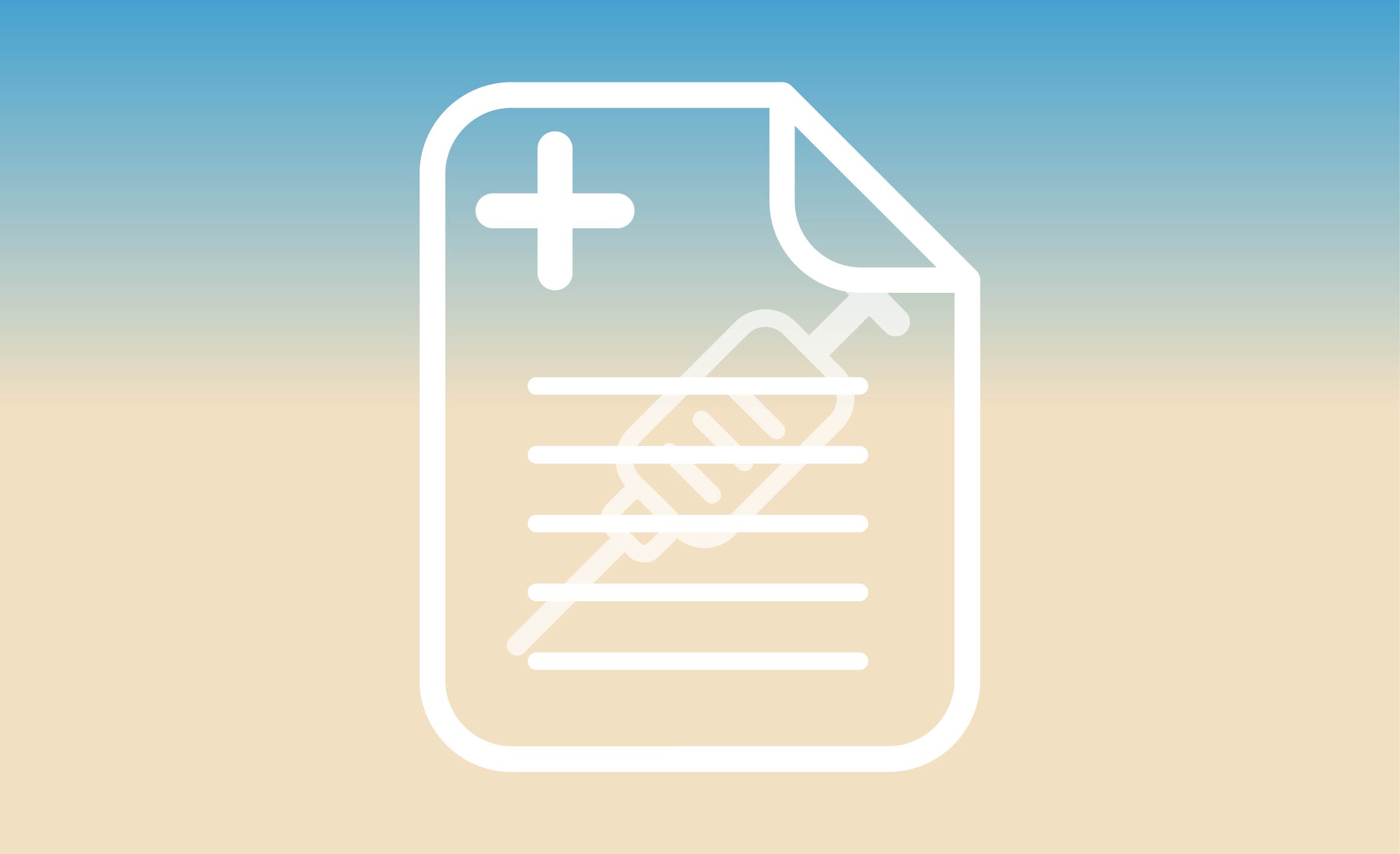
7. Prepare Now for the Next Pandemic
The question is not if but when the next pandemic will occur. Pandemics have their own unique characteristics, but employers can enhance their preparedness by using science based guidelines.
